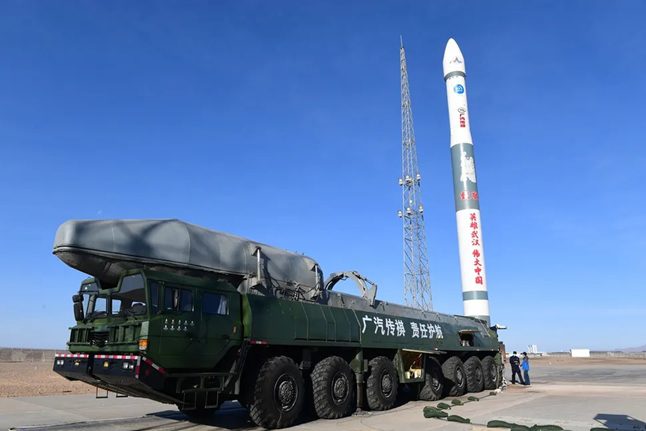This month Tim Fuller examines LeoSat Enterprises and its prospects for operating its proposed new Low Earth Orbit (LEO) communications satellite constellation.
LeoSat Enterprises, Inc. was formed in 2012 by two former Schlumberger executives Phil Marlar and Cliff Anders, who were looking to provide a global high performance connectivity solution for large corporate enterprises. The project gained momentum in 2014 with a project agreement with Thales Alenia Space, manufacturers of the O3B and Iridium constellations. Former O3B executive Mark Rigolle, joined the firm as CEO in September 2015.
LeoSat plans to launch a high throughput constellation of 78 – 108 satellites in polar low-earth orbit (LEO) at 1,430km altitude. Six orbital planes are 18 spacecraft are envisaged. Low latency (signal delay) is achieved and the requirement for ground gateways is reduced by using optical inter-satellite links. The system will operate in Ka-band.
The company says that network will be faster and more secure than fibre, enabling it to compete in fixed (e.g. banks) as well as mobile (e.g. ships) global corporate markets.
Funding of US$3.6bn will be required to support the new business. Round A fundraising has commenced, seeking $100m to be in place by Q1 2016.The company hopes to have a demonstration satellite in orbit in late 2017 or early 2018, and to be fully operational in 2020.
Comment by Tim Fuller: The appointment of industry heavyweight, Mark Rigolle lends the company new impetus and credibility. Rigolle was formerly CEO of O3B and CFO of SES.





